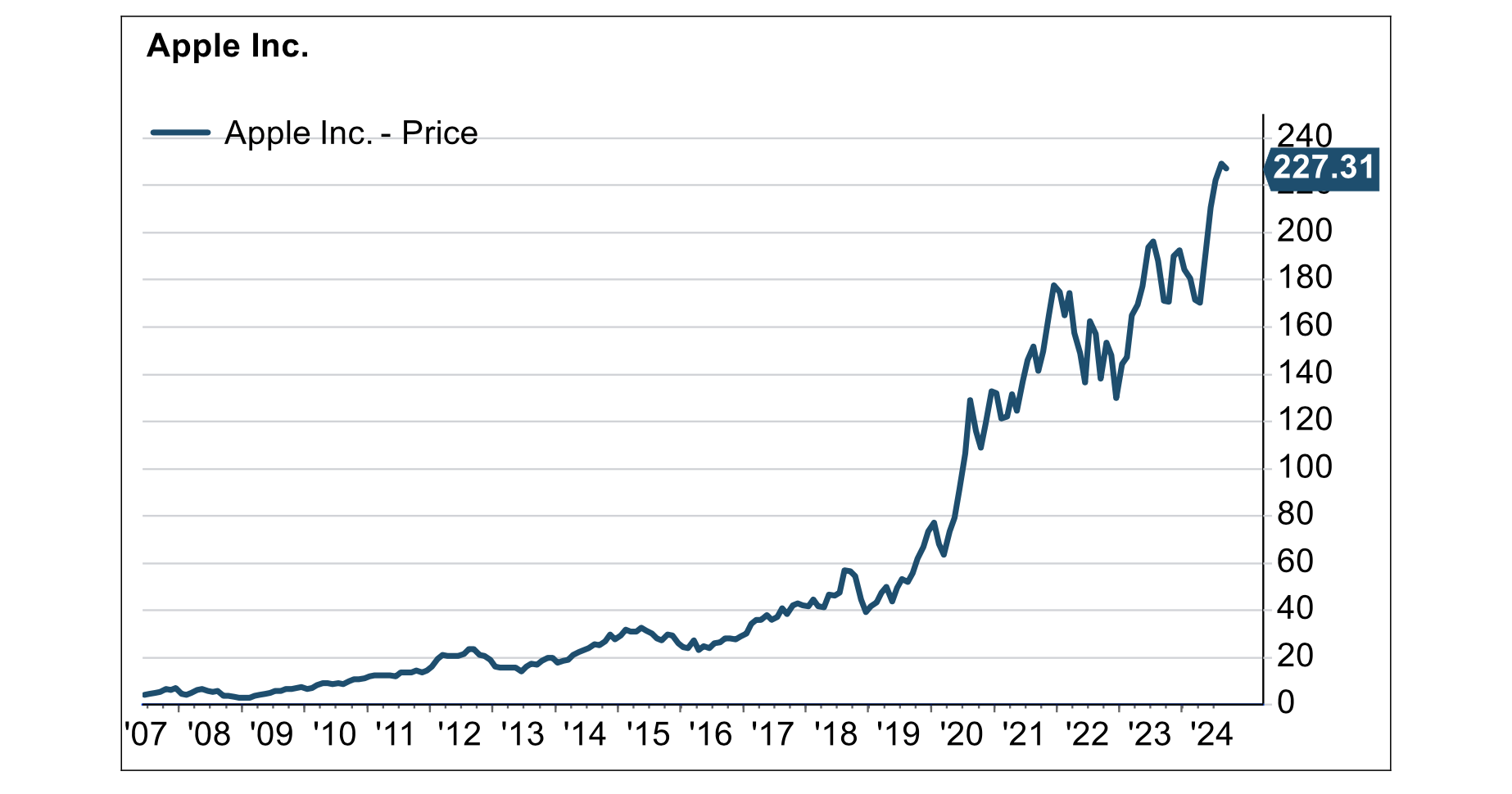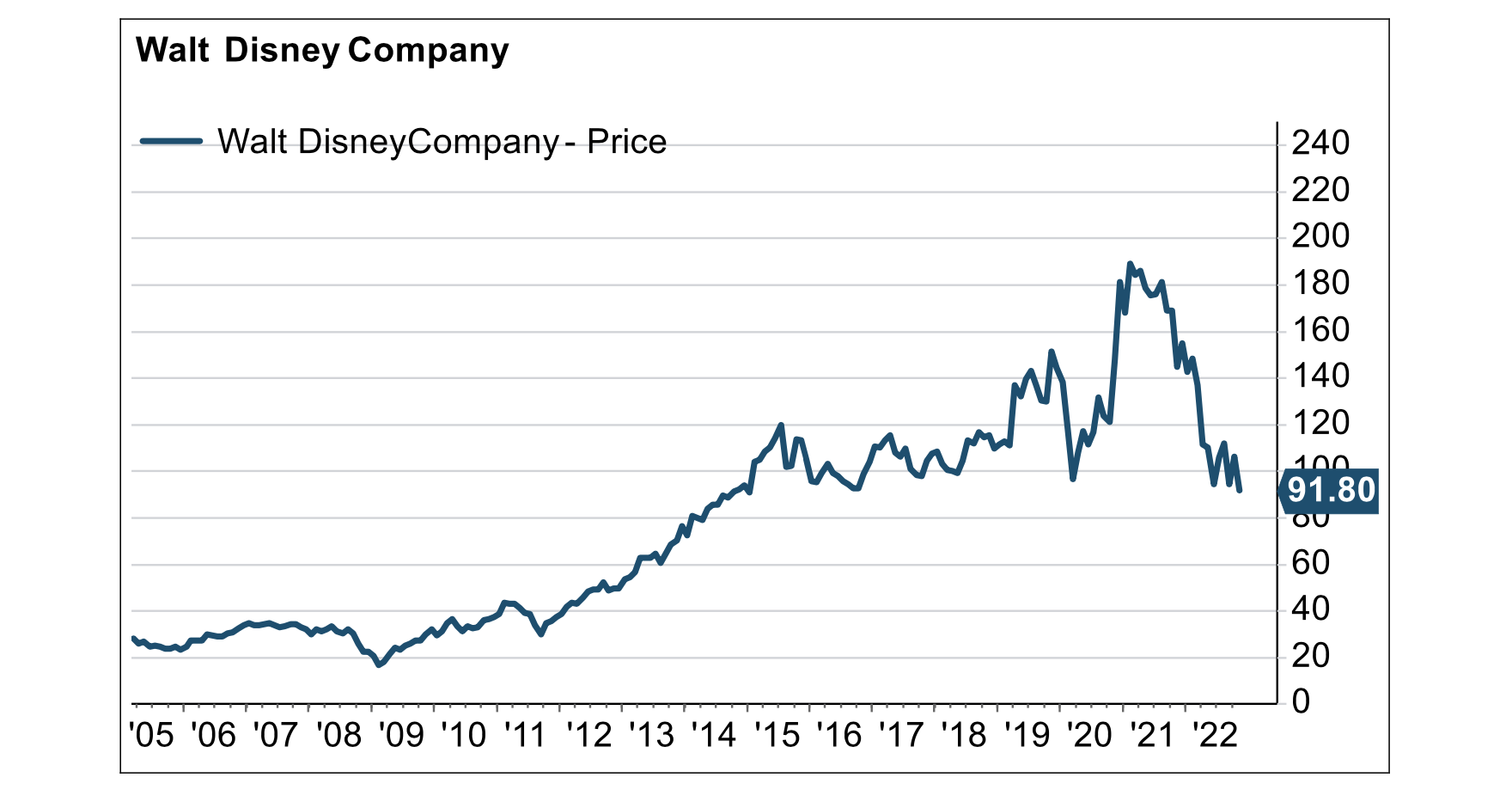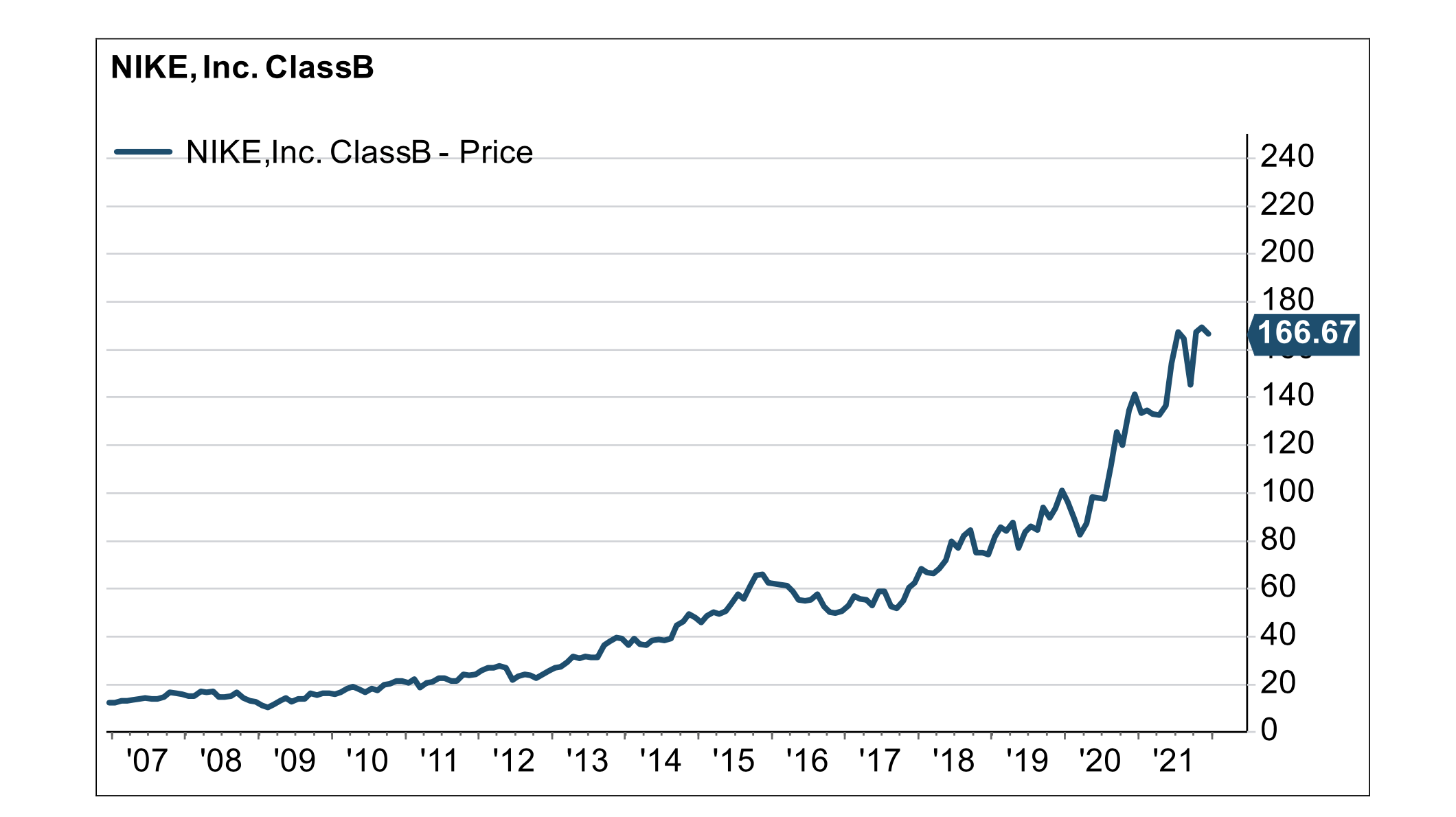The new year will present challenges and opportunities for ultra-high-net-worth individuals as they re-evaluate their portfolios and long-term financial plans in light of President-elect Donald Trump’s incoming administration. Strong partnerships between UHNW clients and their advisors will be essential during this transition and the ensuing four years. Proactive planning will be key, especially given potential shifts in tax laws, market dynamics and interest rates.
Tax Law
 Before Trump’s election in November, many ultrawealthy families were scrambling to optimize their estate plans ahead of the scheduled sunset of the Tax Cut & Jobs Act to take full advantage of exemptions while they remained in place and to adjust estate plans when and if those exemptions reverted at the end of 2025.
Before Trump’s election in November, many ultrawealthy families were scrambling to optimize their estate plans ahead of the scheduled sunset of the Tax Cut & Jobs Act to take full advantage of exemptions while they remained in place and to adjust estate plans when and if those exemptions reverted at the end of 2025.
The policy uncertainty in 2024 paved the path for families and their advisors to give more consideration to their legacy and how it will affect their extended family in the future. The impending tax law change forced conversations around important estate planning considerations such as dispositive provisions, age attainments, and wishes for the use of the hard-earned wealth for future generations. The difficult decisions around the mechanics of intergenerational wealth were front and center leading up to the election.
However, with the incoming administration, it’s likely that the TCJA will be extended or even made permanent. UHNWIs and their advisors should continue to review their estate plans and build on those important conversations despite having more time to approach their plans strategically.
This extended horizon also allows for a renewed focus on aligning investments and real estate strategies with enduring goals, emphasizing tax efficiency, diversification and legacy planning. Advisors should take this opportunity to evaluate the use of tax-advantaged structures, optimize trusts and consider philanthropic vehicles that can minimize tax burdens while fulfilling broader family objectives.
Market Dynamics
 From deregulation to policy shifts on renewable energy sources to protectionist economic policies, Trump’s election will hold many implications for investors and their portfolios.
From deregulation to policy shifts on renewable energy sources to protectionist economic policies, Trump’s election will hold many implications for investors and their portfolios.
The stock market’s reaction to the election results was initially positive. The day after the election, 3 in 4 companies traded higher, with the three major indices reaching record highs. As investors digested the possible policy changes under the new administration, markets in November saw a strong post-election rally, led by small-cap stocks and supported by gains in large-cap indices. However, recent Federal Reserve interest rate cuts and signals of a cautious monetary policy approach for 2025 have sparked turbulence, with major indices like the Dow, S&P 500 and Nasdaq experiencing sharp declines in mid-December.
Projected winners are expected beneficiaries of deregulation including banks; energy-related companies (especially in the liquified natural gas space); cryptocurrencies, particularly bitcoin; technology companies facing increased anti-trust exposure; and Tesla with Elon Musk leading the newly formed Department of Government Efficiency, or DOGE, committee.
Projected losers are companies in the renewable energy space, including EVs not owned by Elon Musk and utilities invested in renewable energy sources. Other losers, given Trump’s protectionist platform, include international companies broadly, and China specifically.
It is still unclear how the markets will treat healthcare companies. Managed care organizations initially saw a bump in anticipation of a hoped-for easing in pricing scrutiny. Since the election, MCOs have been selling off (CVS Health’s Stock has fallen 24% in December with UnitedHealth Group and Cigna Group also experiencing substantial declines), with the expectation that they may be more heavily scrutinized if Robert F. Kennedy Jr. is confirmed to head the Department of Health and Human Services. The industry-level volatility may create opportunities for investors with the ability to tolerate short-term pricing aberrations if the policies are more moderate than feared.
Seriously, Not Literally
 As the markets react and overreact to policy decisions, we are reminded that the new administration should be taken "seriously" but not "literally." Advisors and clients should keep in mind that administrations rarely achieve everything they set out to do. The challenge will be to react to a broader understanding of what the administration intends to focus on rather than fearing the most radical proposal or enacted policy.
As the markets react and overreact to policy decisions, we are reminded that the new administration should be taken "seriously" but not "literally." Advisors and clients should keep in mind that administrations rarely achieve everything they set out to do. The challenge will be to react to a broader understanding of what the administration intends to focus on rather than fearing the most radical proposal or enacted policy.
Regardless of what policy shifts come to pass, the time-honored values of successful planning remain the same: prioritizing long-term strategies, tax efficiency and high-quality companies. It’s important for the advisor to encourage clients to stay disciplined, avoid being too hasty to react, and emphasize strategic consistency within a portfolio.
Having said that, it’s also important to communicate often with clients about shifts and expected changes within market cycles, as there are opportunities to be seized within any market environment.
Caleb Silsby is the Executive Vice President, Chief Portfolio Officer at Whittier Trust, overseeing a team that collaboratively manages portfolios for high-net-worth clients, foundations, and endowments. He is credentialed as a CFA Charterholder and CFP professional.
Featured in Barron's. For more information about private market investments, start a conversation with a Whittier Trust advisor today by visiting our contact page.
From Investments to Family Office to Trustee Services and more, we are your single-source solution.





 Investor interest in private markets has surged over the past decade. To understand why, it's essential to grasp what these investments entail and the factors driving their growth. Here, we offer insights into the complexities and benefits of private market
Investor interest in private markets has surged over the past decade. To understand why, it's essential to grasp what these investments entail and the factors driving their growth. Here, we offer insights into the complexities and benefits of private market 
















 There are many reasons people place money in trust for their heirs.
There are many reasons people place money in trust for their heirs.  A similar business plan analysis should be undertaken when the beneficiary wants to buy an existing business or invest capital in a friend’s business. Most corporate trustees will be leery of the latter and often can play the role of “bad cop,” allowing the beneficiary to keep the friendship intact. In such cases, we are happy to let the friend know that the proposed investment is not aligned with the trust’s overall investment philosophy. This has saved more than one beneficiary from making an investment in a pal’s bar or movie.
A similar business plan analysis should be undertaken when the beneficiary wants to buy an existing business or invest capital in a friend’s business. Most corporate trustees will be leery of the latter and often can play the role of “bad cop,” allowing the beneficiary to keep the friendship intact. In such cases, we are happy to let the friend know that the proposed investment is not aligned with the trust’s overall investment philosophy. This has saved more than one beneficiary from making an investment in a pal’s bar or movie. When looking for professional trustees, it is important to ask them about their practices and procedures when it comes to entertaining a beneficiary’s request for distributions. Some corporate trustees are relatively inflexible and only review requests monthly by committee. At Whittier Trust, we look at requests on a case-by-case basis as they are made since time is of the essence in certain situations. Also, ask if the main objective of the trustee is strict preservation of the trust for future generations or if they are willing to accept a letter of wishes or trust language that favors the current beneficiary. Any good trustee will welcome these conversations in advance of being named in the trust.
When looking for professional trustees, it is important to ask them about their practices and procedures when it comes to entertaining a beneficiary’s request for distributions. Some corporate trustees are relatively inflexible and only review requests monthly by committee. At Whittier Trust, we look at requests on a case-by-case basis as they are made since time is of the essence in certain situations. Also, ask if the main objective of the trustee is strict preservation of the trust for future generations or if they are willing to accept a letter of wishes or trust language that favors the current beneficiary. Any good trustee will welcome these conversations in advance of being named in the trust.

